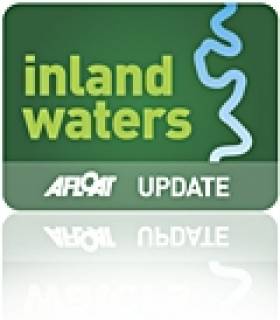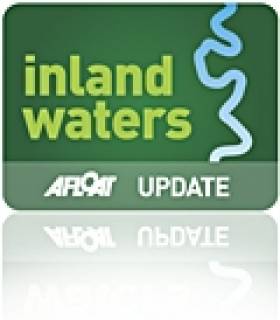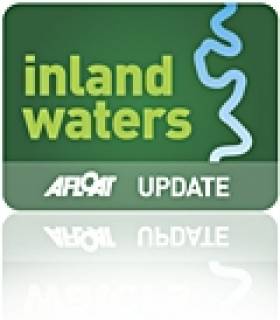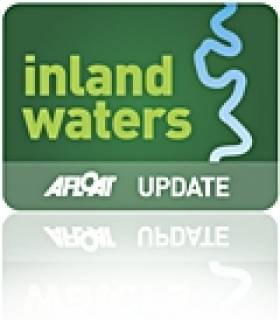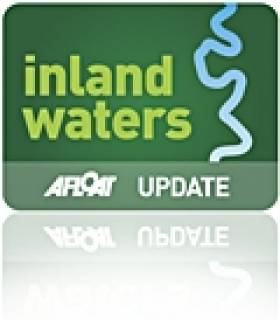Displaying items by tag: Marine Notice
Marine Notice: Grand Canal Shannon Harbour
Owners are advised to monitor and tend mooring lines as levels may fluctuate at the time of re-filling.
Charles Lawn
Lt Cdr (rtd)
Inspector of Navigation
27 Jan 2011.
Tel: 00 353 (0)90 6494232
Marine Notice: Erne System, Lower Lough Erne, Kesh Marina Jetty
Erne System, Lower Lough Erne, Kesh Marina Jetty
Waterways Ireland wishes to advise masters of inland waterways vessels that approximately 15m of this jetty in now available for use while the remainder is closed for repair. Access from the jetty to the car park is also available.
A further marine notice will issue when repairs have been completed.
Any inconvenience that this may cause our customers is regretted.
Charles Lawn
Lt Cdr (rtd)
Inspector of Navigation
12 Jan 2011
Tel: 00 353 (0) 90 6494232
Marine Notice: Lough Key, Erris Bay, Aids to Navigation
Lough Key, Erris Bay, Aids to Inland Waterways Navigation
Waterways Ireland wishes to advise masters of vessels that the area of Erris Bay i.e. South of the line from the entrance to Boyle Harbour to Trinity Island to the west point of Drummans Island is closed to navigation.
Works to replace navigations markers is being undertaken and a marine notice will be issued on completion which is expected to be near the end of February 2011.
Waterways Ireland regrets any inconvenience that this may cause its customers
Charles Lawn
Lt Cdr (rtd)
Inspector of Navigation
12 Jan 2011
Tel: 00 353 (0)90 6494232
Marine Notice: Shannon Navigation
Shannon Navigation Lough Allen Drumshanbo Jetty Sunken Vessel
Waterways Ireland wishes to advise masters on the inland waterways that a vessel has sunk at the north end of Drumshanbo Lock jetty and poses a hazard to any vessel approaching or departing the jetty. Masters are requested to seek advice from the lockkeeper before berthing and to navigate with due caution.
Charles Lawn
Lt Cdr (rtd)
Inspector of Navigation
12 Jan 2011
Tel: 00 353 (0)90 6494232
Waterways Ireland Marine Notice
Masters and owners on inland waterways are advised that water levels at present are particularly low for the time of year; however, rain accompanied by a thaw may alter this situation over a short period of time in light of the amount of snowcover on the ground, to the extent that a variety of different water levels and flow rates may be expected on the navigations. This notice is attached below.



























